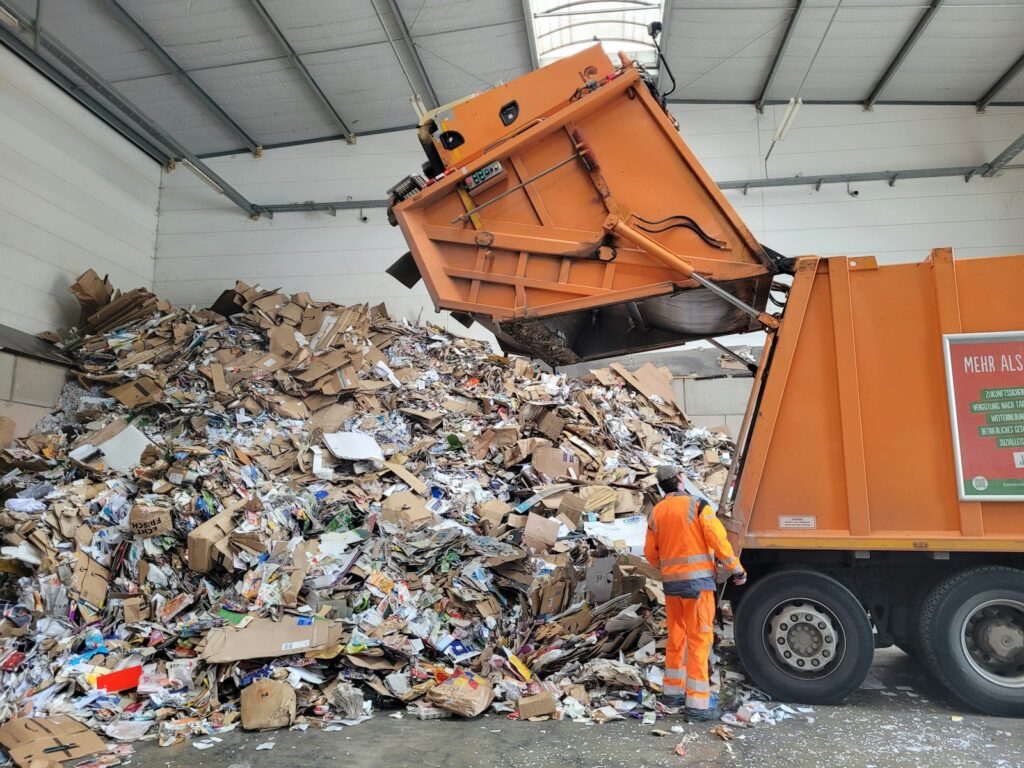Councils and companies involved in repurposing industrial sites could benefit financially from a new approach to making contaminated ground safe again.
ReBind is a British-developed remediation technology the manufacturers of which claim will allow developers to work on 100% of all contaminated ground.
The impact of this could be significant, dramatically reducing waste sent to landfill when industrial locations are green-lit for new purposes, including parkland and residential. News of the launch comes as taxes associated with sending commercial refuse to tips has escalated to £126.15. This does not include disposal fees, which are also rising, with hazardous waste potentially costing £160 per tonne to dispose of.
Local authorities and private companies have both been hit by these escalating bills, and councils in particular are under increasing budgetary pressure to find more affordable solutions. ReBind has already been proven on a number of projects, including an infrastructure scheme in Melton Mowbray, where use of the technology avoided the removal and disposal f 8,300m2 of soil which would have then been replaced with imported materials.
The novel approach saved £2million in costs, 1,300 vehicle movements and cut emissions by 1,272 tonnes of CO2e. Petroleum residues, BTEX compounds, polycyclic aromatic hydrocarbons, chlorinated solvents, industrial chemicals, pesticides and herbicides can all be neutralised with through the innovation. It has been unveiled as councils are being given access to a £180million government-led Brownfield Release Fund.
‘Landfill tax was meant to encourage more sustainable alternatives, but it has made remediation financially out of reach for many projects,’ said Clare Thomas, Managing Director of SMR UK. ‘ReBind offers an immediate, cost-effective option, treating soil on-site, cutting disposal costs, and reducing project timelines by up to 75%. It also reduces the need for importing materials, reducing carbon impact and transport disruption.’
‘These results clearly show how ReBind can overcome complex ground conditions and help meet strict environmental targets,’ said Clare Thomas. ‘We’re now looking at how the same approach can be applied to residential developments, especially those that have stalled due to the high cost of land remediation.’
Image: Matthew Horwood/SMR UK
More on waste, pollution and recycling:
More British pollution woes over food, water, soil and air microplastics


















